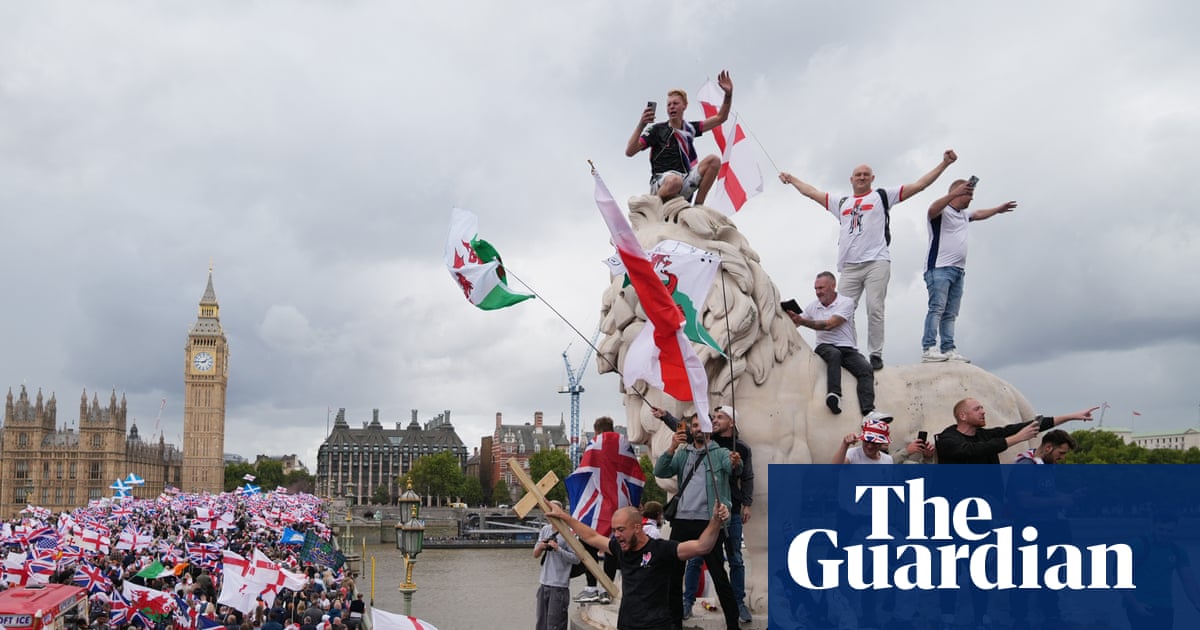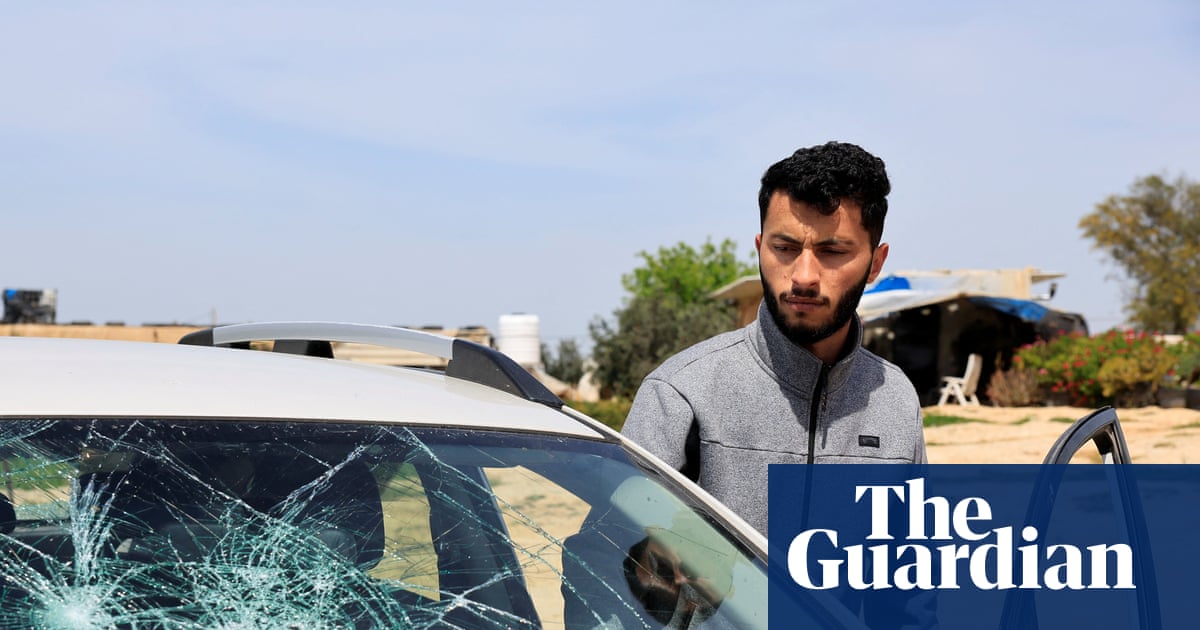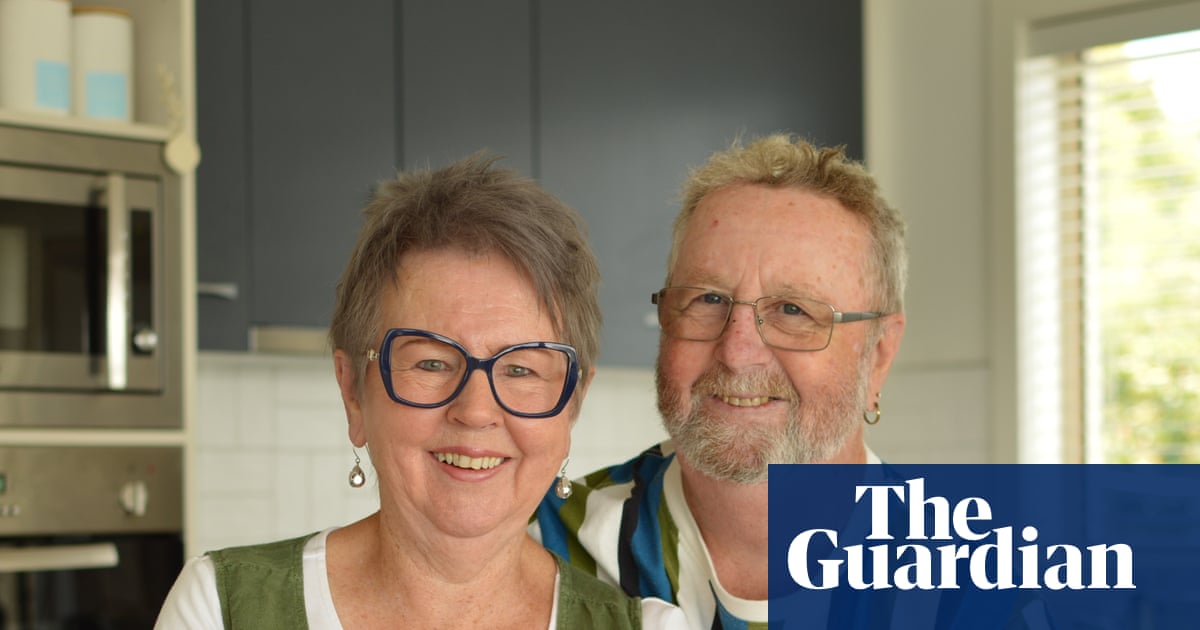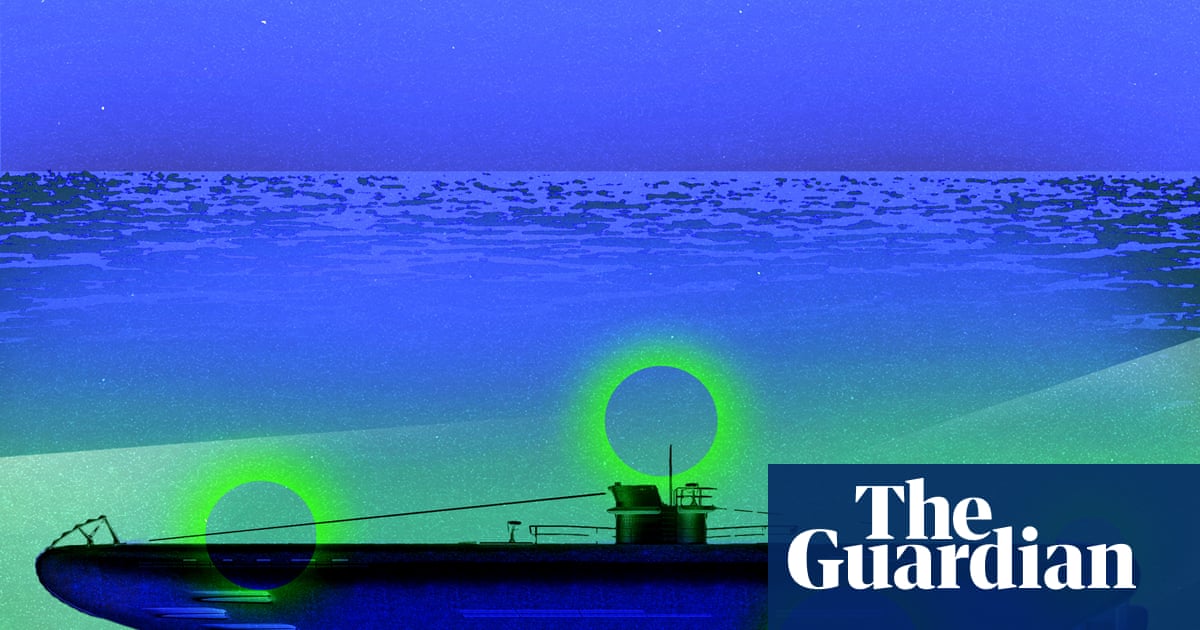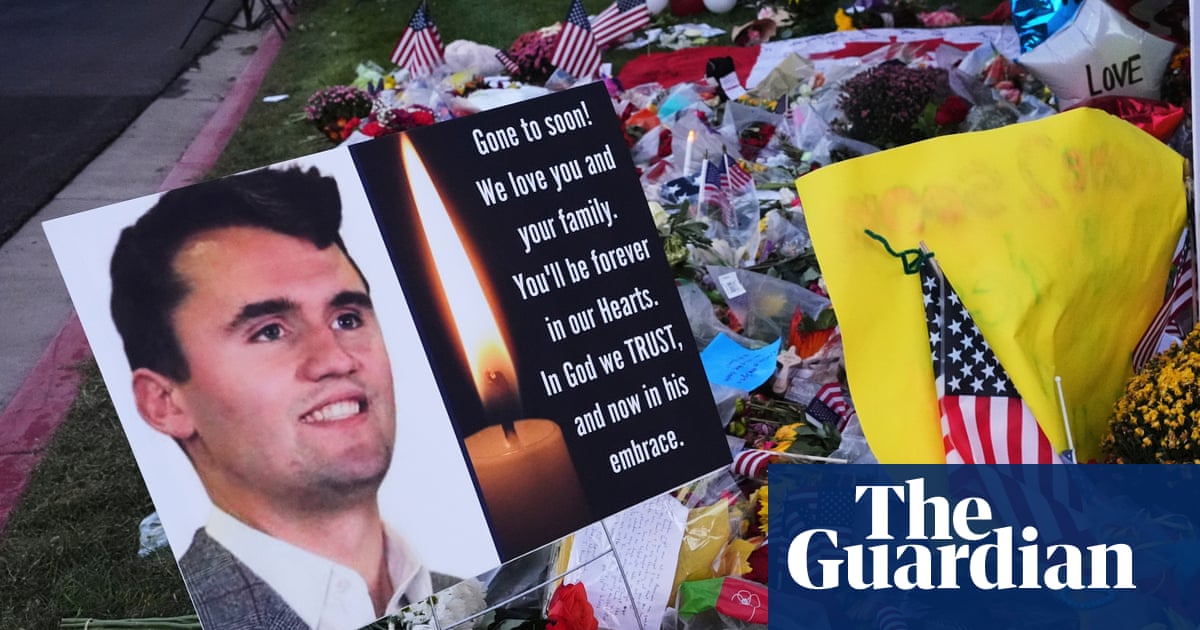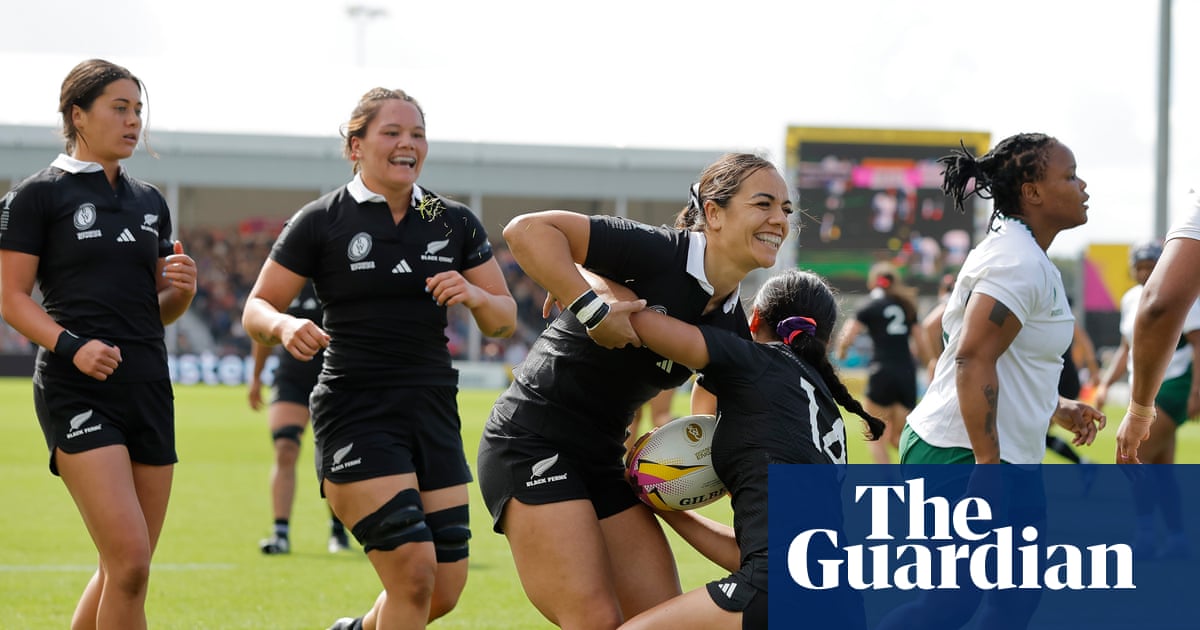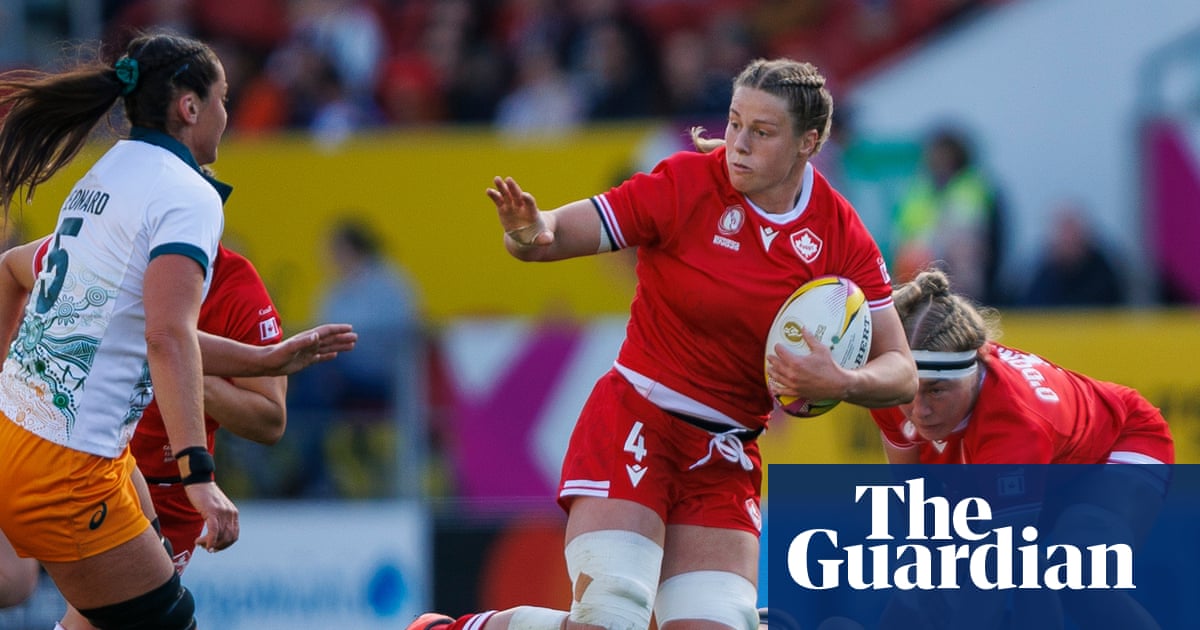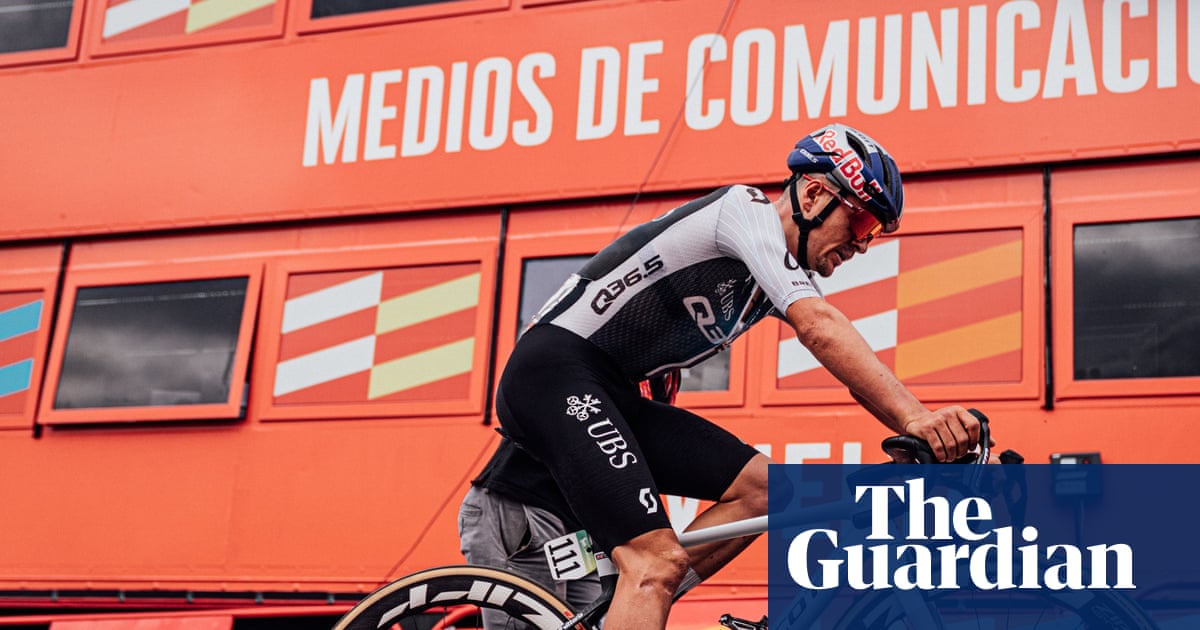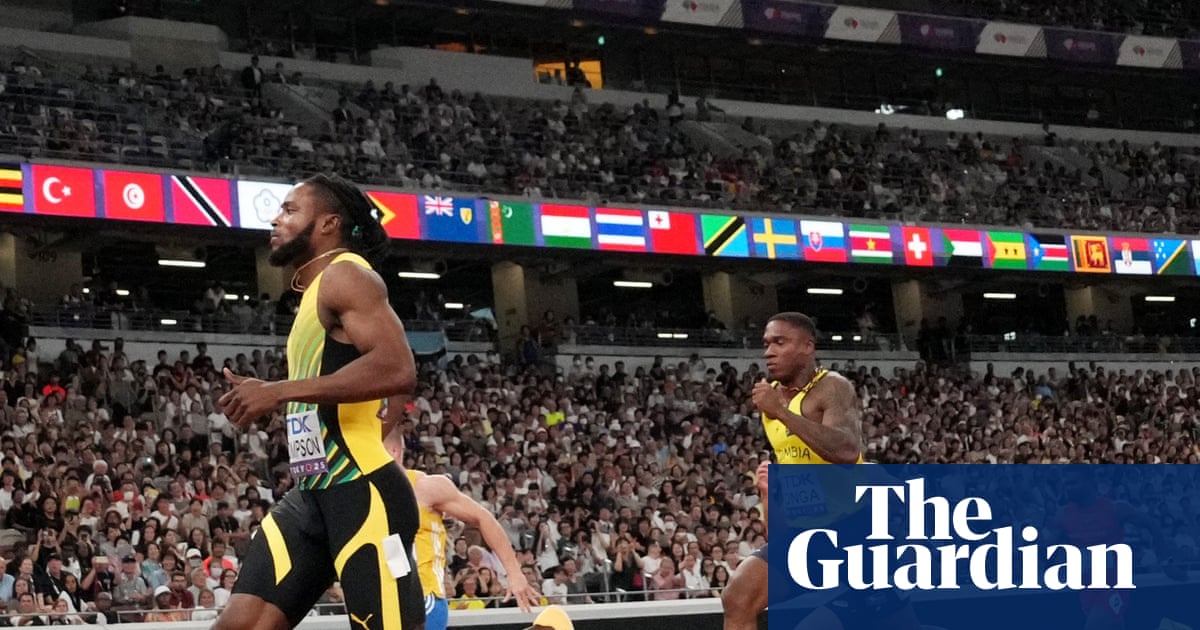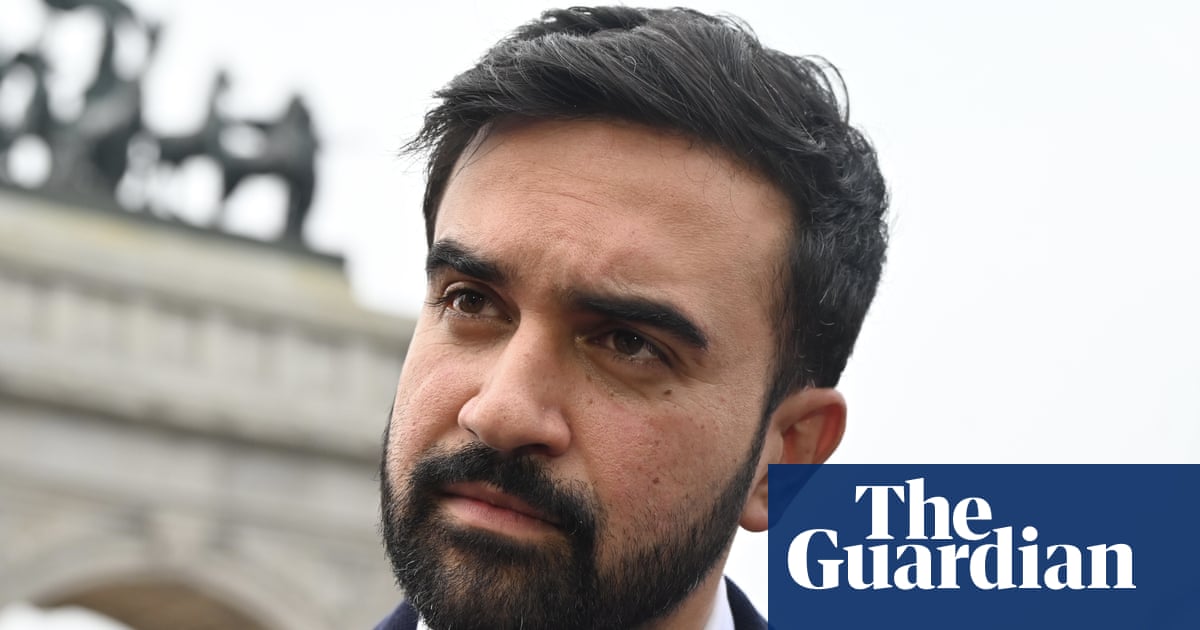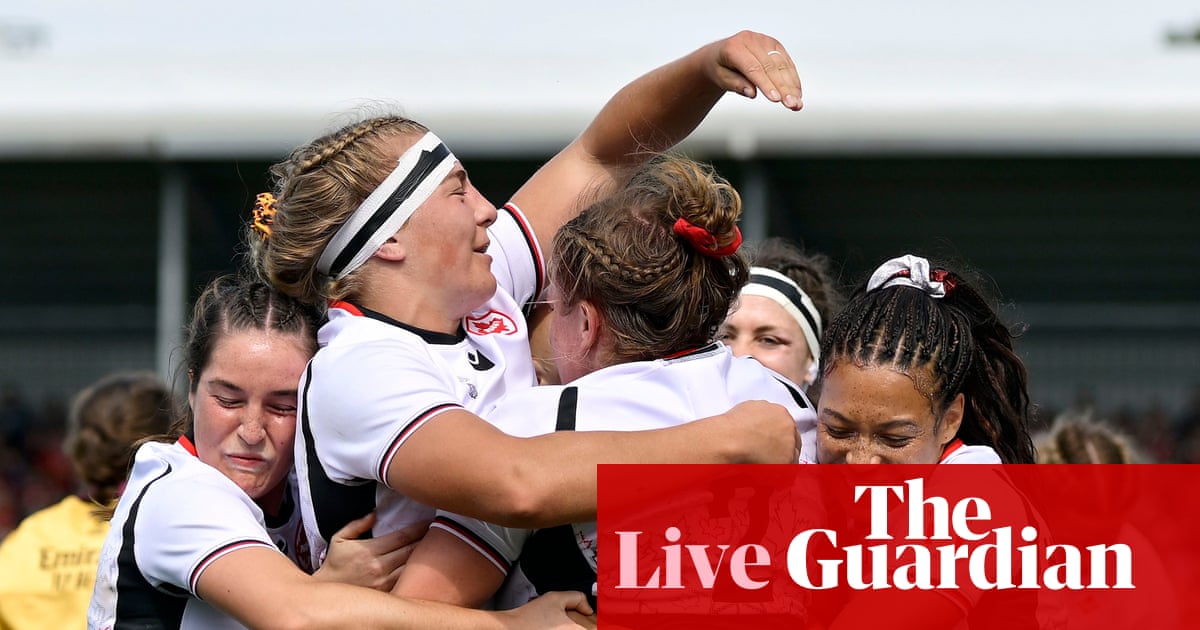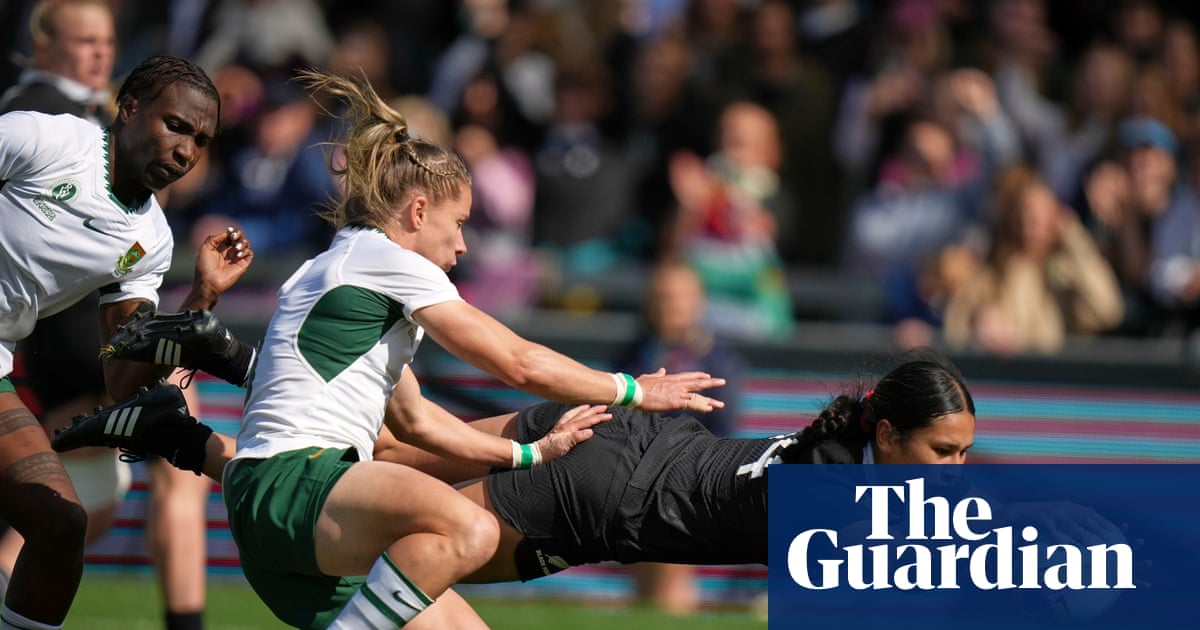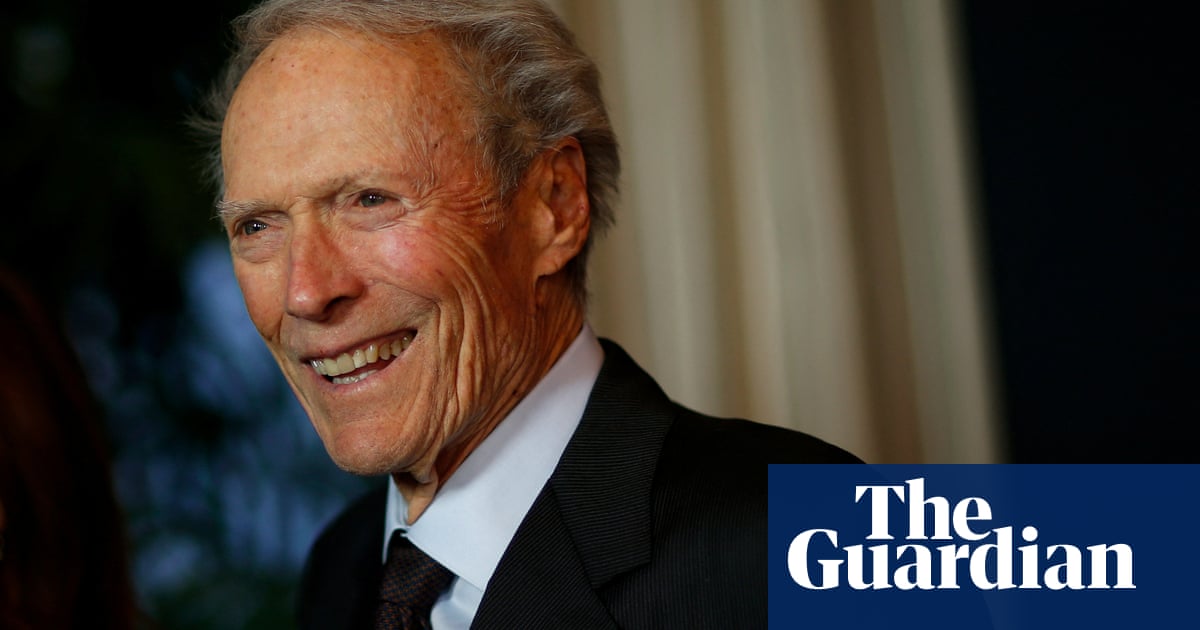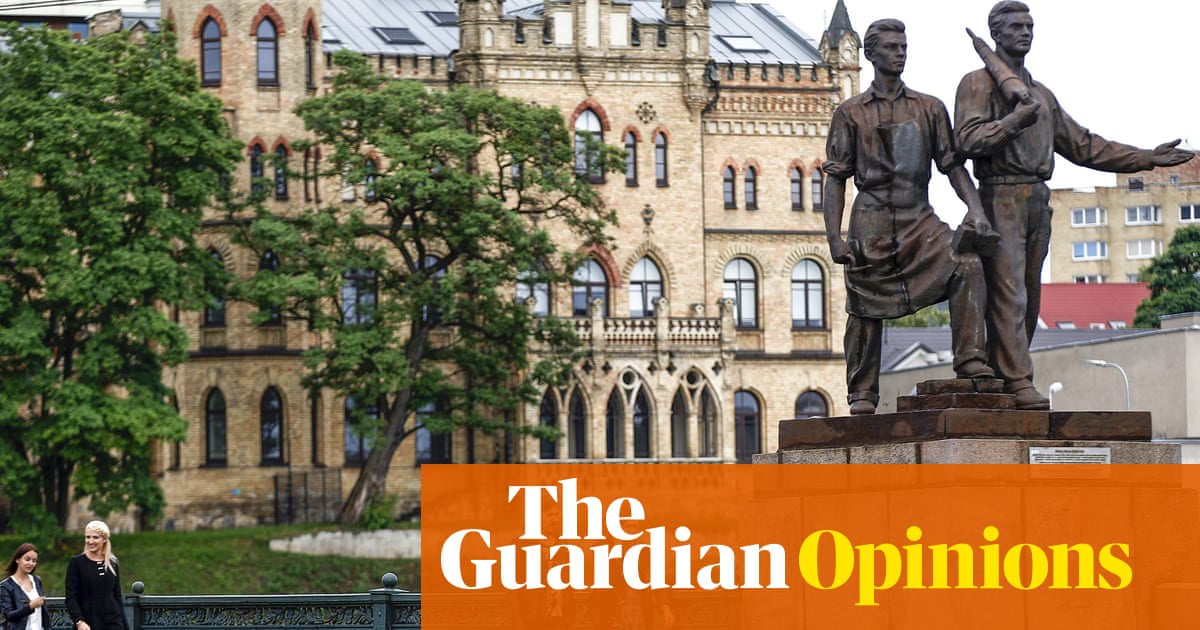Two weeks of negotiations on the climate crisis have just concluded in Bonn in preparation for the Cop30 summit taking place in Brazil this November. What did we learn?
Success or failure? Pledges will be key
Limiting global heating to 1.5C above preindustrial levels is vital for a healthy planet, but hopes of doing so are rapidly vanishing as greenhouse gas emissions continue to rise, and temperatures soar. The main task for Cop30 in Belém this November is for every country to submit a national plan, required under the 2015 Paris agreement, to cut carbon as far as necessary to hold to the 1.5C limit.
Few countries have submitted their plans, called nationally determined contributions (NDCs), which set out a target on emissions to 2035 and an indication of the measures that will be taken to meet them. They were due in February, but the presidency of Donald Trump, his vacillations over tariffs and the prospect of a global trade war led many to adopt a “wait and see” approach. Military conflicts in Ukraine, Gaza and Iran have further frightened governments and taken attention away from the climate.
Brazil is urging all countries to come forward with their NDCs in September, in time for the UN to assess them before Cop30 begins. Even if they meet the deadline, however, it was abundantly clear from the preliminary negotiations in Bonn that the NDCs will not add up to the emissions cuts needed to stay within 1.5C, assuming that is still possible.
That leaves Brazil with a dilemma. The Cop host has no control over how countries set their NDCs, as that is done by national governments before they arrive in Belém. No country is likely to revise its NDC at the Cop. But a summit that ends with inadequate NDCs that would lead to global heating far in excess of 1.5C or even 2C will be labelled a failure.
Brazil must find a way to show how NDCs that come up short can be improved or remedied, or how countries can collaborate to make faster and deeper cuts, if it is to keep the goals of Paris alive.
How hard it will be – US, war and wreckers
Work at Bonn was held up for two days because countries could not agree on the agenda for the meeting, and by the end they had little progress to show on key issues. This was just a foretaste of the fights and recriminations that Brazil can expect in earnest at Cop30.
As well as the withdrawal of the US from the Paris agreement, and the dangerous geopolitical circumstances, Brazil will have to contend with a cadre of countries and vested interests that want to stymie the talks.
Developed countries are widely, and reasonably, blamed for their failures to cut emissions fast enough and to provide the finance needed by the poor world. But behind the scenes many fossil fuel producers and their allies that are supposed to be on the side of the developing world are also happy to hold up negotiations, exploiting the complexity of the talks to cover their actions. If Bonn was frustrating, Cop30 could be far worse.
Money
For developing countries, the key question remains: how can they gain access to the resources they need to protect their citizens against the impacts of climate breakdown? Many are already experiencing “loss and damage” from extreme weather, in the form of droughts, floods, heatwaves and encroaching seas. But the funding that developed countries promised has been slow to arrive.
Richard Sherman, a South African delegate, told the Bonn conference: “There is no money. The funds that we have are not able to support the need.”
At Cop29, developed countries promised that $1.3tn a year would flow to the poor world by 2035, made up of at least $300bn from public sources and the rest from innovative forms of finance such as levies on polluting activities, carbon trading and private investment.
Only the broad outlines were agreed, however. There is not yet a blueprint showing how the money can be delivered and distributed over the next decade. Last year’s hosts, Azerbaijan, are collaborating with Brazil to produce a roadmap with more detail. Delegates warn it must set out a clear timetable of concrete actions, rather than more vague promises.
Mutirão
At recent Cops, hosts have taken to having special meetings based on traditional formats. This began at Durban in 2011, when as the negotiations stretched long past their official deadline, heads of delegation moved into special “indaba” meetings, named after a traditional Zulu gathering of tribal elders. Since then, Cop28 in Dubai had its “majlis”, and Cop29 in Baku had a “qurultay”, modelled on a Turkic chieftains’ gathering.
At Cop30, delegates will be invited to a “mutirão”, a Portuguese word derived from the Indigenous Tupi-Guarani language that refers to a group coming together to work on a shared task.
Methane
Carbon dioxide from the combustion of fossil fuels is the main greenhouse gas affecting the planet, but increasingly scientists and activists are focusing on another gas: methane. Far more potent, it escapes from fossil fuel extraction sites and is produced by livestock and farming.
Methane breaks down in the atmosphere much faster than carbon dioxide, but warms the planet about 80 times as much while it lasts, so cutting methane gives more bang for the emissions reduction buck. Given its smaller number of sources, plugging emissions of methane should also be easier than cutting carbon.
Governments have tended to ignore the potential for methane cuts, but pressure is growing for the gas to be included prominently in countries’ NDCs at Cop30.
‘Transition away from fossil fuels”’
At Cop28 in Dubai, countries agreed for the first time to “transition away from fossil fuels”, a historic commitment that should have signalled a dramatic shift in the global economy. No sooner was that conference over, however, than some countries were seeking to unpick the resolution.
Last year, at Cop29, attempts to reinforce the language on the transition, and to set out clearer plans on how it could be brought about, met fierce – though sometimes covert – opposition, and came to nothing. Many campaigners want to bring the subject back at Cop30. But Brazil is resisting having a “cover decision” – a wide-ranging text that would incorporate all sorts of resolutions, arguing that the resolutions of previous Cops need not be revisited.
after newsletter promotion
Bonn ended without a clear path forward on the issue, but it is unlikely to disappear before Cop30.
Cop clearup
Every Cop generates its own baggage – presidents and host countries want to put their own stamp on proceedings, and so bring forward pet projects that focus on one aspect of the climate crisis, such as electric vehicles, or coal, or aspects of food or forestry. Over the years, these initiatives have proliferated so that now there are scores of them, some still useful but others in effect left orphaned as the ministers who invented them have faded into political obscurity and the money behind them has been spent. Brazil is aiming to tackle some of this bloat.
But the wider and more radical reforms to the Cop process that some have called for will not be on the programme.
Logistics
Belém, a rainforest city and port, lies near the mouth of the Amazon River. While charming, it has never been a tourist mecca and to have an estimated 60,000 people, and perhaps many more, land on its shores will be a major strain.
It seemed as if every conversation in Bonn, whether it started on NDCs, climate finance or the substantive issues of climate governance, always ended up on the same subject: logistics. With just four months to go, most people have yet to secure anywhere to stay in Belém.
Brazil has promised that 29,000 rooms and 55,000 beds will be made available, but so far these have yet to materialise. Cruise ships are being pressed into service, supplying more than 3,000 cabins, and some people are gratefully looking forward to spending a fortnight in shipping containers.
But the prices being asked in advance are astronomical, and beyond the reach of most developing country delegations and climate activist charities. Without them, the Cop will be skewed towards moneyed interests, will reinforce global inequalities and will fail the most vulnerable. Choosing Belém for Cop30 has created a logistical conundrum that the hosts have yet to solve.
Brazil’s fossil fuels
The choice of Belém was meant to highlight the plight of the Amazon rainforest, one of the world’s greatest carbon sinks and vital to the health of the planet – and which is under threat, not just from deforestation, but from the climate crisis itself, as rapidly rising temperatures could push the Amazon over a tipping point that would transform it from rainforest into a savannah-like state. That would be catastrophic for the planet, potentially leading to further rapid escalations in temperature from which there could be no return.
But the spotlight on Belém has also brought into focus Brazil’s own adventures with fossil fuels. Oil and gas deposits discovered in and around the Amazon, and off the coast not far from Belém, are being considered for exploitation.
Brazil’s oil sector regulator, ANP, will auction the exploration rights to 172 oil and gas blocks spanning 56,000 sq miles (146,000 sq km), an area more than twice the size of Scotland, most of it offshore. The “doomsday auction”, as campaigners have called it, includes 47 blocks in the Amazon basin, in a sensitive area near the mouth of the river that fossil fuel companies consider a promising new oil frontier.
Brazil has argued that developing countries should be allowed to exploit their fossil fuel reserves while developed nations, many of which have grown rich over centuries of exploiting their own resources, must take the lead in closing down operations. Ana Toni, the chief executive of Cop30, said: “Transitioning away is a responsibility of everyone, not only producing countries, consumer countries – many countries in the north don’t produce fossil fuel, but they consume fossil fuel. We’ve gone to this era of finger pointing on countries. We need to find solutions for producer countries that depend financially on that income.”
Cop31
One of the many tasks at which Bonn failed was to broker an agreement on who should host the Cop31 summit. Australia and Turkey are vying for the presidency of next year’s meeting. Neither is willing to concede to the other, and the obscure process for choosing future presidencies tends to rely on consensus candidates emerging and a system of gentlemen’s agreements, rather than a real competition or vote.
Australia’s newly re-elected government wants to showcase its commitment to climate action, despite being one of the world’s biggest fossil fuel exporters, as climate policy was one of its key battlegrounds in the recent elections. Turkey has long been unhappy with its status at the talks – in 1992, when the UN Framework Convention on Climate Change was signed, Turkey was lumped in with developed countries, which have clear obligations to cut emissions and provide climate finance to the poor world, but has since argued it should have been aligned with the developing world.
There are hints that Turkey could be persuaded to drop its bid if its status were reconsidered. But opening up the parent treaty to the Paris agreement would be legally difficult and stir up much wider issues: for if Turkey’s status has changed since 1992, what of countries such as China, now the world’s second-biggest economy with a GDP per capita comparable to some EU member states, and wealthy Gulf petrostates such as Saudi Arabia, Qatar and the United Arab Emirates?

 2 months ago
54
2 months ago
54
